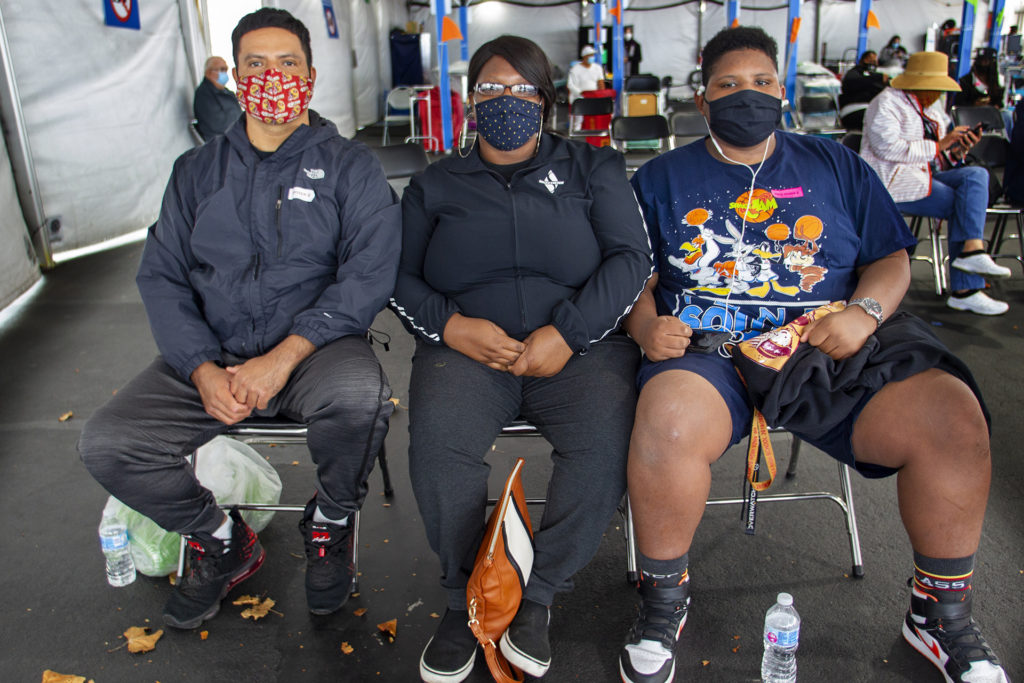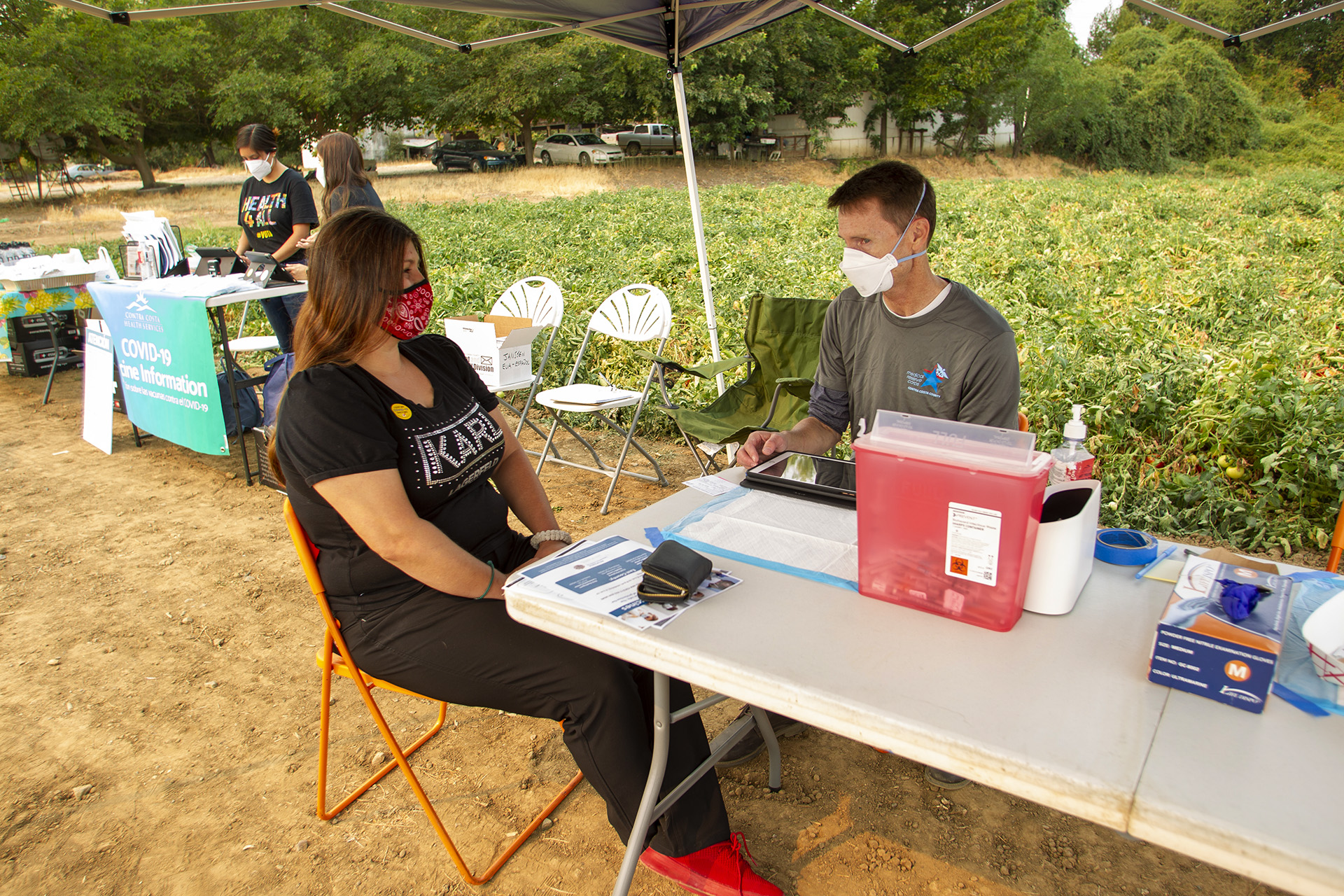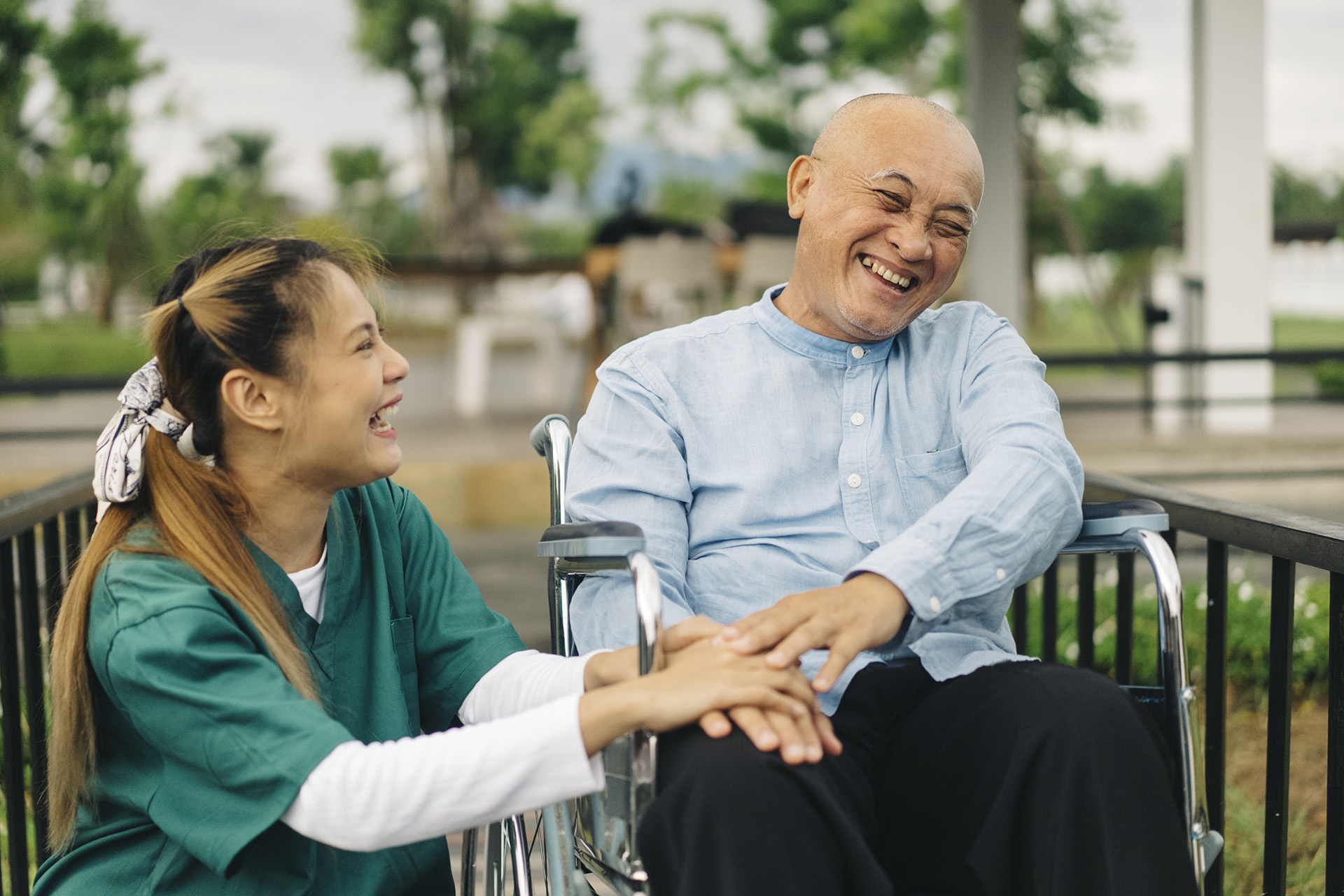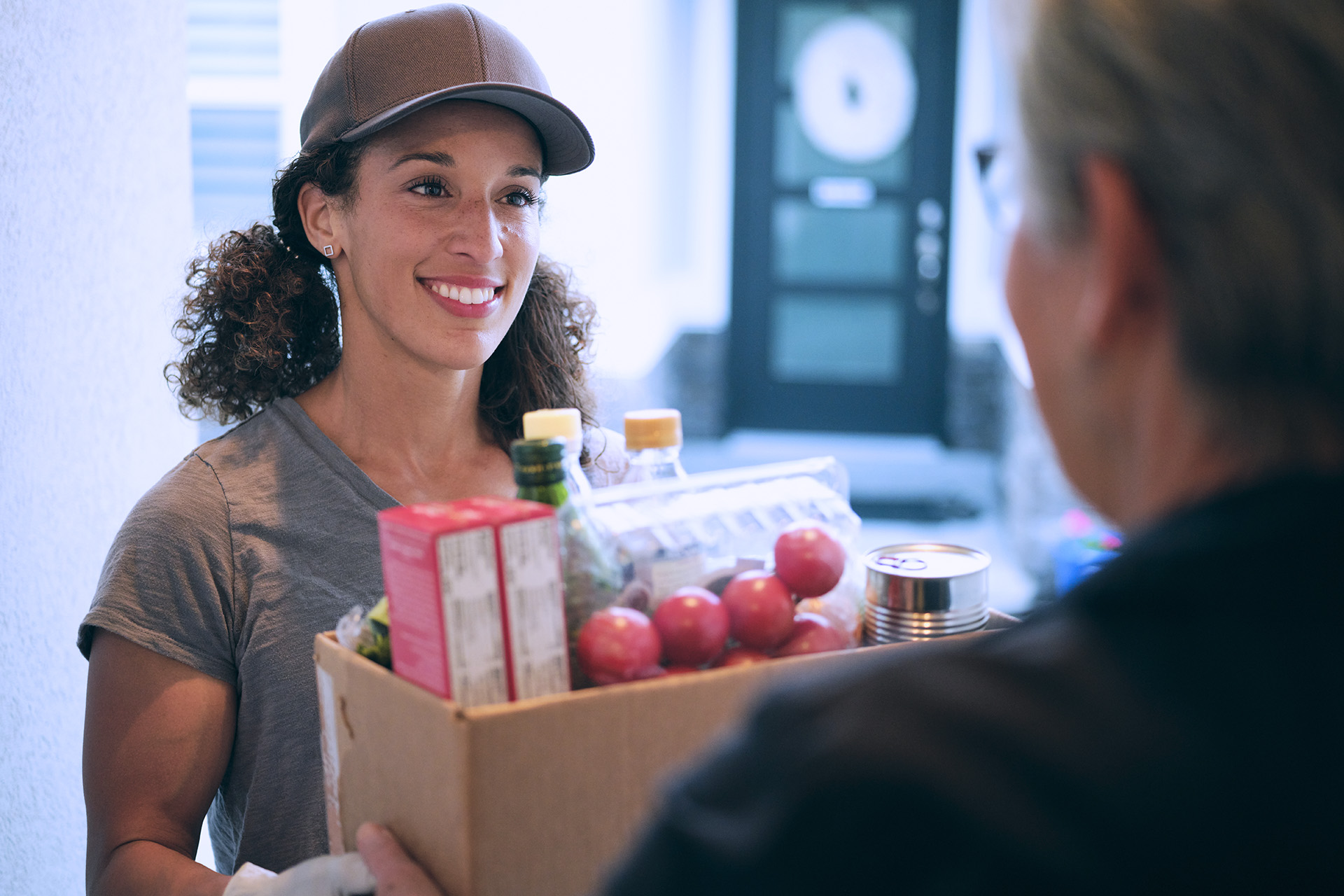As COVID-19 cases surged again over the summer and hospitals filled on the heels of the more contagious Delta variant, the numbers of those getting vaccinated surged, too.
Estella Lerma of Brentwood, California, is one of those who waited but finally got the shot in late August at the urging of her daughter, out of fear of getting herself and others sick, and because her job required it.
“I didn’t get it before because I am hesitant to automatically do what I’m told,” said Lerma. “I also like to do my own research rather than blindly trusting other people.”
Lerma is not alone in her desire to get the shot and protect herself amid a spike in COVID-19 hospitalizations nationwide.

In Contra Costa County where Lerma lives, the numbers of those getting vaccinated in August jumped to 74,000 from a low of 53,644 in July. Numbers for the first 3 weeks of September dipped again but continue an upward trend from the low in July. In Northern California more than 73% of Kaiser Permanente eligible members are now fully vaccinated.
Nationwide the numbers tell the same story of a mid-summer drop-off followed by an increase in vaccinations. In August and September vaccination numbers topped or came close to 1 million on 4 separate days, numbers not seen since June 11, according to the Centers for Disease Control and Prevention.
Still, there remain 80 to 90 million people in the United States who are eligible to be vaccinated but who have not yet done so in order to slow the virus appreciably.
“This leads to more infections, hospitalizations, and fatalities particularly among the unvaccinated,” said Carrie Owen Plietz, FACHE, president of Kaiser Permanente’s Northern California region, during a recent COVID-19 update to employees.
Gloria Moreira, 38, of San Pablo, California, decided to get vaccinated when friends recently started getting sick with COVID-19. On September 1 she brought her husband Juan Moreira, who is a Muni Metro train conductor in San Francisco, and their 14-year-old son to the Kaiser Permanente Richmond Medical Center vaccination center.
“People I grew up with started getting it,” Moreira explained. “They were going to parties, concerts, and weddings and getting sick. I have a friend who has a family member who got it. I have asthma, and COVID-19 affects your breathing, so it was definitely time.”
Underscoring how trusted family members can affect one another’s decisions to get vaccinated, her husband Juan pointed to his wife when asked why he decided to get vaccinated, adding that she was the one who brought the whole family.
Getting people vaccinated “is the best way to end this pandemic,” said Richard Isaacs, MD, FACS, CEO and executive director of The Permanente Medical Group.
He said Kaiser Permanente, in addition to providing the vaccine, “will continue to serve as a trusted source of accurate information to help people understand that they are safe, and to promote vaccine acceptance in all our communities.”
For Lerma, her 22-year-old daughter’s relentless pressure campaign began to make sense. Then in August, after 17 months of unemployment, she was called back to begin building stages for rock concerts and other events, but as a condition of employment, she was required to get vaccinated.
“I really enjoy my career, so I have to get vaccinated to be able to go back to work,” said Lerma. “That and I didn’t want to end up in the hospital, suffering, and have my daughter say, ‘Mom, I told you so.’”





This Post Has 0 Comments